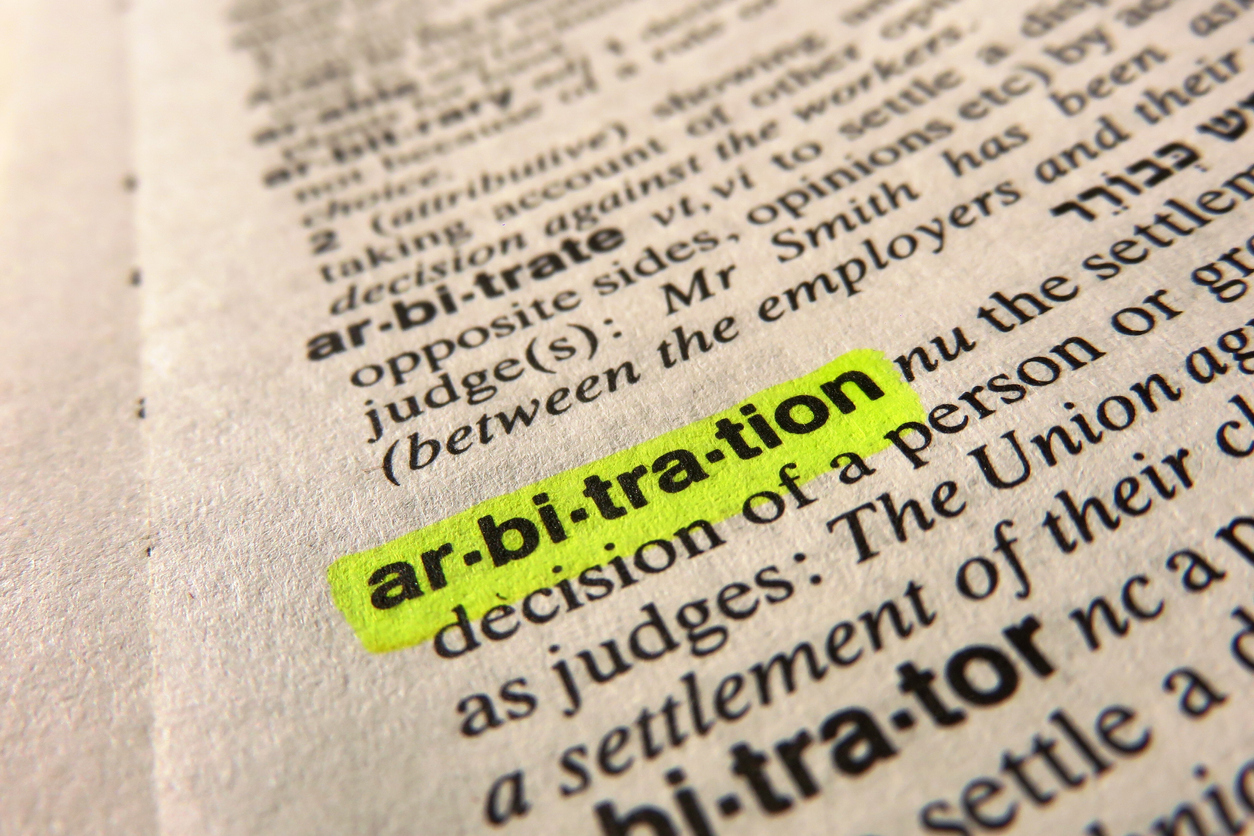Almost two months ago I wrote a blog about the Florida Office of Insurance Regulation’s announcement it was issuing orders for insurance companies to end a 1.3 percent “emergency assessment” for the state-run Florida Hurricane Catastrophe Fund, which provides backup coverage to insurers.1
Last week, Florida’s state-owned property insurer, Citizens Property Insurance Corporation (“Citizens”) announced that a second hurricane tax will be eliminated from insurance bills. This is a one percent surcharge imposed on most Citizens policies to help cover losses from the last of the 2005 hurricanes (including Hurricane Wilma) which will now end two years early on July 1, 2015.
The press release issued by Citizens2 stated, in pertinent part:
Assessments of Florida property insurance policyholders to repay bonds issued following the devastating 2004-2005 hurricane seasons will end two years early under a recommendation approved Wednesday by Citizens Property Insurance Corporation’s Board of Governors.
By unanimous vote, the board called upon Citizens to stop collecting a 1 percent Emergency Assessment that began in 2007 to pay off a 10-year, post-event bond with a total cost of $1.38 billion.
Following the eight named storms of the 2004-2005 hurricane seasons, Citizens faced a deficit of more than $1.7 billion. State lawmakers responded by appropriating funds to eliminate some of the deficit while setting up requirements for the repayment of post-event bonds.
In 2007, Citizens began collecting a 1.4 percent Emergency Assessment from all Florida property insurance policyholders. Citizens reduced the assessment to 1 percent in 2011 in response to growth in the base from which the assessment is collected.
Citing growth in its assessment base, which is comprised of all Florida property insurance policyholders, Citizens Chief Financial Officer Jennifer Montero told board members Citizens is expected to have sufficient resources in place by June 2015 to satisfy the bond’s balance. The assessments originally were scheduled to be collected through June 2017.
"When we came before the Board last year, we recommended continuation of the 1.0 percent rate for another year in anticipation of the large reduction in the future, or even early elimination of the assessment" Montero said. “We recommend the emergency assessment be eliminated two years early, effective July 1, 2015.”
1 https://propertyinsurancecoveragelawfullservice.lexblogplatformtwo.com/2014/08/articles/florida/bye-bye-florida-hurricane-tax/
2 https://www.citizensfla.com/shared/press/articles/162/09.24.2014.pdf



